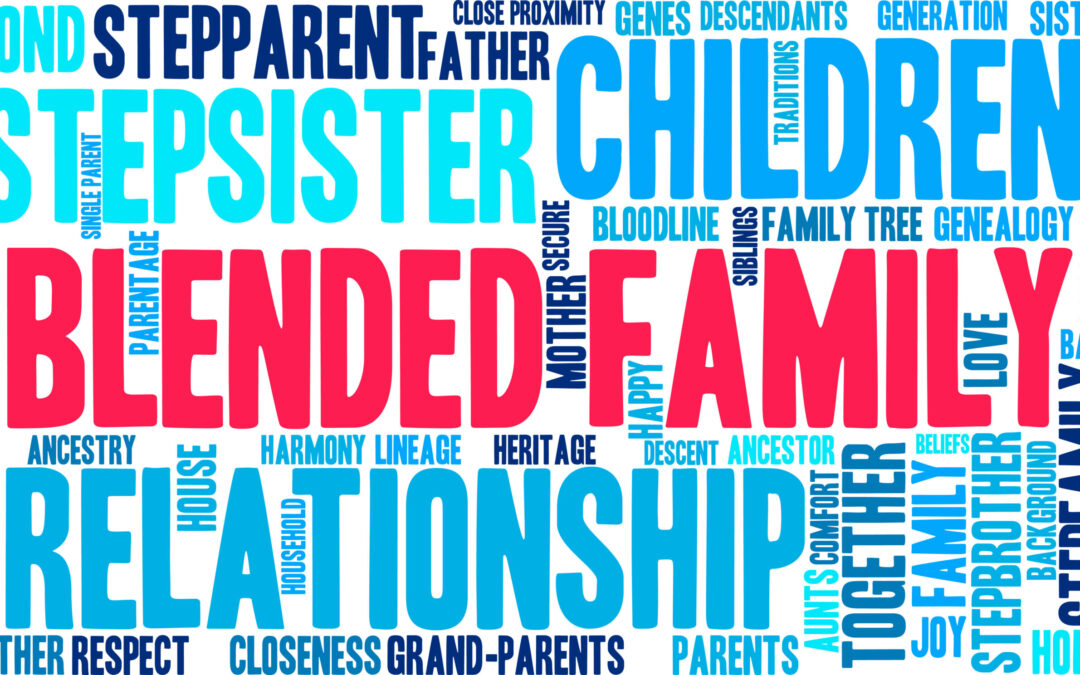When distributing your assets after you die, you may have different plans for different children. Maybe you plan to leave the family home to one child while leaving a more substantial sum of money to another. Or perhaps you have a child with special needs whom you want to ensure is taken care of after you’re gone. Whatever your reasons, if you’re considering leaving more than one child in your will, there are a few things you need to consider.
Setting up a trust may make sense if you’re leaving real estate or other valuable property to one child but address the need of all your grandchildren after the death of that child. You can ensure that the property is adequately managed and doesn’t end up being sold or squandered. You can also place conditions on the trust, such as specifying that the property can only be used for a specific purpose, like a primary residence.
If you’re leaving a large sum of money to one child, it’s also important to consider who will manage the money. You may want to set up a trust fund or designate a financial advisor to help your child manage the money. And again, you may want to place conditions on the money, such as specifying that it can only be used for a specific purpose, like education or retirement.
Leaving more money or property to one child over others in your will can be a complicated decision. Still, if it’s something you’re considering, it’s essential to take the time to plan carefully. With some forethought and preparation, you can ensure that your estate plan goes according to your wishes.
Regarding estate planning, equal isn’t the same as fair, explains the article “Are Unequal Inheritances Fair?” from Advisor Perspectives. We are often asked, “how do I structure my will so that it benefits only this particular heir?” We answer these requests all day long. Some clients prefer an uneven distribution or that certain relatives be excluded from an inheritance altogether- but no matter what kind of situation comes up in your family dynamic, there may be solutions for ensuring everyone gets what you intended. However, when they do, it usually is because a parent is estranged from one child and wishes to leave them nothing.
An example of this is in the case of a widow with four adult children who asked an estate planning attorney how to distribute her assets. Three of her children were high-income earners, already building substantial net worth. A fourth child had mental health issues, limited education, had been in and out of jail, and could not hold a job.
She understood that her fourth child needed financial stability; the others did not. She wanted to provide some support for him but knew any money left directly to him would be gone quickly. She was considering leaving cash for him in a trust to provide a monthly income stream but also wanted to be fair to the other three children.
Trust would be the best option. However, there were problems to consider. If the estate were to split into four equal parts, the fourth child’s share of the estate would be small so that trustee fees would take a significant amount of the trust. If she left her entire estate for him, he’d likely have funding for most, if not all, of his adult life.
Unequal inheritances can be an issue where others believe one child to have unduly influenced a parent when they have inherited all or the lion’s share of the estate. Unequal inheritances can lead to battles between siblings, sometimes bad enough to lead them into a court battle. The worst thing the mother could do was to leave all the funds for the fourth child in a trust without discussing it with the other three siblings.
Sibling fights can occur even when the children know about and understand the need for unequal distribution. The children may suppress their emotions while the parent is living. However, emotions may fire at full throttle after a parent dies. Logically, in this case, the three successful siblings may well understand why their troubled sibling needs the funds. However, grief is a powerful emotion and can lead to illogical responses.
In this case, the woman decided to leave her estate in equal shares to each child and give the three siblings the option to share part of their inheritance with their brother. She did this by having her estate planning attorney add language in the will stating if any child wanted to disclaim or refuse any of their inheritance, it would pass to a trust set up for the troubled sibling. The election to do so remained with the other heirs.
Was it a perfect solution? Perhaps not, but it was the best practical solution for this family. Every family’s needs are unique, and any good estate plan should be flexible and consider each family’s situation throughout the planning process.
We are happy to discuss unequal inheritances with you! Please book a call if you would like to speak with us or check out Our process on our website as to how we can help formulate the right plan for you.
Reference: Advisor Perspectives (Aug. 22, 2022) “Are Unequal Inheritances Fair?”





